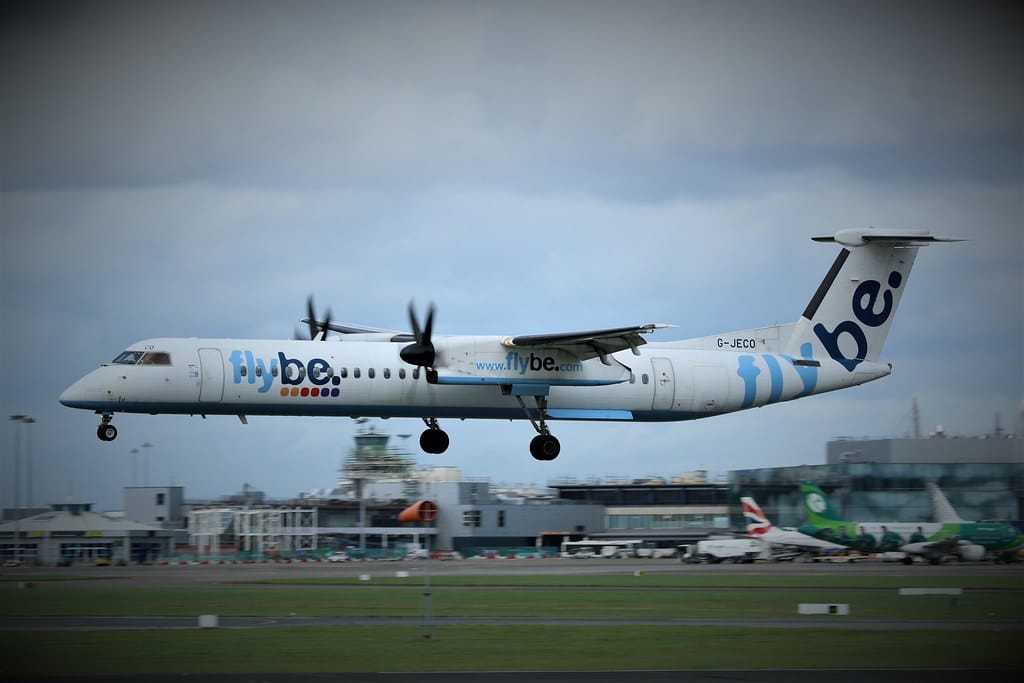American Airlines CEO Slams Delta's AI Pricing Strategy as "Inappropriate" in Escalating Industry Feud
The airline industry's pricing wars have taken a digital turn, with American Airlines CEO Robert Isom launching a scathing attack on Delta Air Lines' artificial intelligence-powered dynamic pricing system, calling the approach "inappropriate" and potentially harmful to consumers during a heated industry conference this week.
The AI Pricing Controversy Unfolds
Isom's criticism centers on Delta's sophisticated AI algorithms that adjust ticket prices in real-time based on demand patterns, competitor pricing, and passenger behavior data. Speaking at the Airlines for America summit, the American Airlines chief argued that such aggressive algorithmic pricing creates an "unfair marketplace" that prioritizes profit maximization over customer value.
"When you're using AI to squeeze every last dollar out of passengers during peak travel times or emergencies, you've crossed a line," Isom stated. "This isn't innovation—it's exploitation dressed up in tech terminology."
The comments mark a significant escalation in the ongoing rivalry between the two major carriers, particularly as both airlines invest heavily in artificial intelligence and machine learning technologies to optimize their operations.
Delta's AI-Powered Revenue Management
Delta Air Lines has been at the forefront of implementing AI-driven pricing strategies, with the airline reporting that its dynamic pricing algorithms have contributed to a 12% increase in revenue per available seat mile over the past two years. The system analyzes over 200 variables in real-time, including:
- Historical booking patterns
- Weather forecasts affecting travel demand
- Major events and conferences in destination cities
- Competitor pricing strategies
- Individual passenger search and booking behavior
Delta's Chief Revenue Officer, Glen Hauenstein, defended the practice in a recent earnings call, stating that the AI system helps the airline "match capacity with demand more effectively than ever before," ultimately leading to better utilization of aircraft and more competitive base fares.
Industry-Wide Adoption and Consumer Impact
American Airlines' criticism comes despite the fact that the carrier has also invested significantly in AI-powered pricing tools, though Isom insists their approach is more "consumer-conscious." Industry analysts note that virtually every major airline now employs some form of algorithmic pricing, making Isom's comments particularly pointed.
Consumer advocacy groups have long criticized dynamic pricing in the airline industry, arguing that it creates unpredictable costs for travelers. Recent data from the Department of Transportation shows that domestic airfare volatility has increased by 23% since 2019, with AI-driven pricing cited as a contributing factor.
"Passengers are seeing prices change by hundreds of dollars within hours of searching for flights," said airline industry analyst Sarah Mitchell. "While airlines argue this reflects market dynamics, consumers feel like they're being manipulated by algorithms they can't understand or predict."
The Competitive Landscape
The public spat between American and Delta reflects broader tensions in an industry still recovering from pandemic-related disruptions. Both airlines are competing aggressively for market share, with pricing strategies becoming increasingly central to their business models.
American Airlines has positioned itself as taking a more "transparent" approach to pricing, though critics point out that the airline's basic economy fares and unbundling strategies are equally focused on revenue optimization. The company's recent partnership with Google Cloud for AI initiatives suggests that the philosophical differences may be more about implementation than fundamental opposition to algorithmic pricing.
Regulatory Scrutiny on the Horizon
Isom's comments come at a time when the Biden administration has increased scrutiny of airline pricing practices. The Department of Transportation has launched investigations into several carriers' fee structures and pricing transparency, with AI-driven dynamic pricing expected to face regulatory attention.
Transportation Secretary Pete Buttigieg has previously warned airlines about "junk fees" and pricing practices that mislead consumers, though specific regulations targeting AI pricing algorithms have yet to materialize.
Looking Ahead: The Future of Airline Pricing
As the airline industry continues to embrace artificial intelligence, the debate over appropriate use of these technologies is likely to intensify. While airlines argue that AI pricing helps optimize capacity and can lead to lower average fares, consumer advocates and now competing carriers are raising questions about fairness and transparency.
The outcome of this industry debate could shape not only how airlines price their services but also how regulators approach AI-driven pricing across multiple industries. For travelers, the immediate impact remains clear: understanding and navigating airline pricing has become more complex than ever, with algorithms making split-second decisions that can significantly impact their wallets.

